
Majestic Golis Mountains: The Hidden Gem of Somalia
The Golis Mountains, nestled in the heart of Somalia, offer a breathtaking escape for nature enthusiasts and adventure seekers alike. These mountains stretch across the northern part of the country, presenting a mesmerizing blend of rugged peaks, lush valleys, and diverse wildlife. As you traverse the winding trails, you'll encounter panoramic views that showcase the raw beauty of Somalia's landscape. The region is rich in flora and fauna, making it a haven for bird watchers and botanists. Unique plant species and rare birds can be spotted throughout your journey, adding an element of discovery to your adventure. The local communities, known for their hospitality, provide an opportunity to experience Somali culture and traditions up close. Exploring the Golis Mountains is not just about the scenery; it's also a journey through history. Ancient rock art and archaeological sites dot the landscape, offering a glimpse into the area's past civilizations. Whether you're hiking, camping, or simply soaking in the views, the Golis Mountains promise an unforgettable experience that combines natural beauty with cultural richness.
Local tips in Golis Mountains
- Visit during the cooler months from October to March for the best hiking conditions.
- Hire a local guide to navigate the trails and learn about the area's history and wildlife.
- Pack sufficient water and supplies, as facilities are limited in the remote areas.
- Respect local customs and traditions when interacting with the communities.
- Carry a good pair of binoculars for bird watching and spotting distant wildlife.
Majestic Golis Mountains: The Hidden Gem of Somalia
The Golis Mountains, nestled in the heart of Somalia, offer a breathtaking escape for nature enthusiasts and adventure seekers alike. These mountains stretch across the northern part of the country, presenting a mesmerizing blend of rugged peaks, lush valleys, and diverse wildlife. As you traverse the winding trails, you'll encounter panoramic views that showcase the raw beauty of Somalia's landscape. The region is rich in flora and fauna, making it a haven for bird watchers and botanists. Unique plant species and rare birds can be spotted throughout your journey, adding an element of discovery to your adventure. The local communities, known for their hospitality, provide an opportunity to experience Somali culture and traditions up close. Exploring the Golis Mountains is not just about the scenery; it's also a journey through history. Ancient rock art and archaeological sites dot the landscape, offering a glimpse into the area's past civilizations. Whether you're hiking, camping, or simply soaking in the views, the Golis Mountains promise an unforgettable experience that combines natural beauty with cultural richness.
When is the best time to go to Golis Mountains?
Unmissable attractions to see
Batalaale beach
Explore the captivating Batalaale Beach in Berbera, Somalia, where stunning views and rich culture meet the azure waters of the Gulf of Aden.
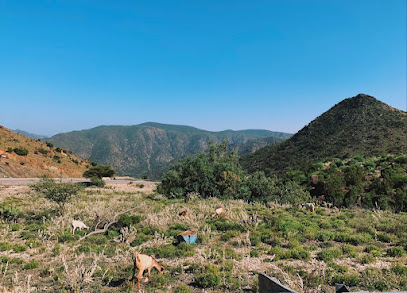
Sheikh Mountains
Discover the enchanting Sheikh Mountains in Somaliland, a hiker's paradise filled with stunning views, rich wildlife, and vibrant local culture.
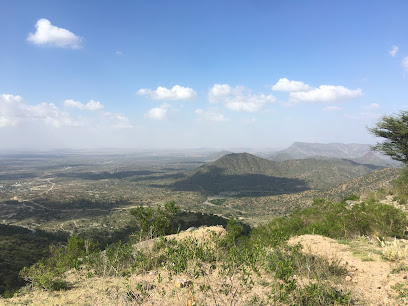
Dawga Sheekh
Explore Dawga Sheekh in Laaleys, Somalia: A captivating tourist attraction with stunning landscapes and rich cultural experiences.
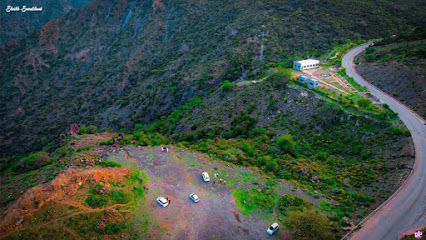
Miyi-iyo-Magaalo
Explore Miyi-iyo-Magaalo, a cultural treasure in Hargeisa, showcasing vibrant local life, crafts, and cuisine in the heart of Somaliland.

Sheikh Mountain View
Experience the breathtaking beauty of Sheikh Mountain View in Somalia, where stunning landscapes and adventure await every traveler.
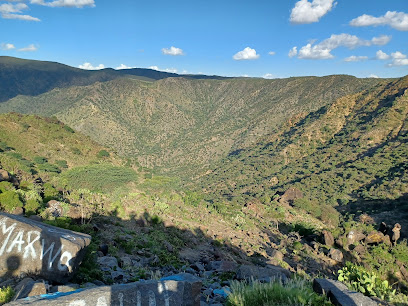
Jigjigyar
Jigjigyar: A captivating tourist attraction in Hargeisa, offering stunning landscapes and rich cultural experiences that define Somaliland.

DT
Explore DT in Banderwanaag, a captivating tourist attraction showcasing local culture, stunning landscapes, and warm hospitality in a serene coastal setting.
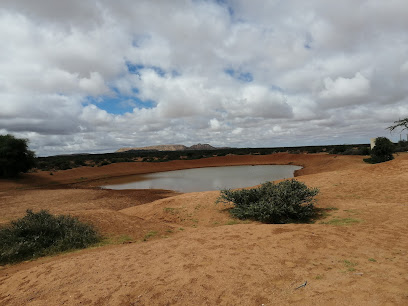
Sheikh beertii Apo
Discover the breathtaking hiking trails of Sheikh Beertii Apo in Shiikh, where nature's beauty meets adventure in every step.

Mubarik
Experience the heart of Somali culture and history at Mubarik in Hargeisa, a captivating tourist attraction that promises an unforgettable adventure.

Palace
Explore Hargeisa's Palace, a unique cultural attraction showcasing Somaliland's rich history and vibrant local life.

Gardaran Village
Experience the authentic spirit of Somaliland in Gardaran Village, a charming destination near Hargeisa filled with rich culture and stunning landscapes.

Berbera Ottoman Fort
Discover the majestic Berbera Ottoman Fort, a historic gem overlooking the Indian Ocean that reflects the rich maritime heritage of Somaliland.

Biyo Dhacay
Explore the serene beauty of Biyo Dhacay, a hidden natural gem in Somalia, perfect for relaxation and nature adventures.
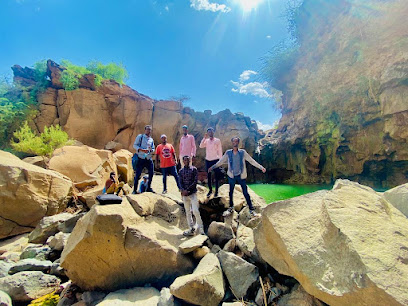
Geedka Dhw
Explore the rich heritage and stunning landscapes of Geedka Dhw, a captivating tourist attraction in Hargeisa, Somaliland.

Machad Tababarka Dawoladaha hoose jsl
Explore the vibrant culture and stunning architecture of Machad Tababarka Dawoladaha Hoose in Hargeisa, a true gem of Somaliland.

Essential places to dine
Golis Restuarant and Hotel
Experience the rich flavors of Somaliland at Golis Restaurant and Hotel - where culinary excellence meets comfortable hospitality.
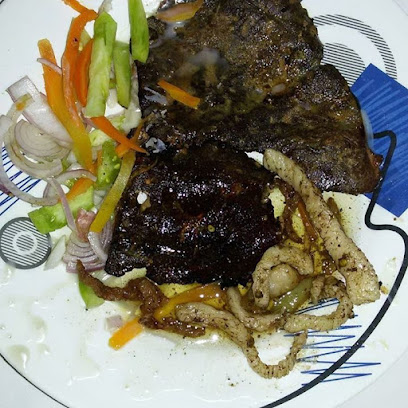
Golis Resturent
Experience authentic Somali cuisine at Golis Restaurant in Burco - where flavor meets tradition in a welcoming setting.
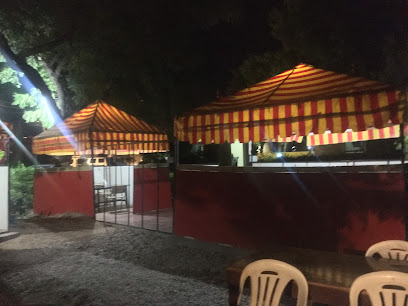
Golis Restaurant
Discover authentic Somali flavors at Golis Restaurant in Berbera - where every dish tells a story of tradition and taste.
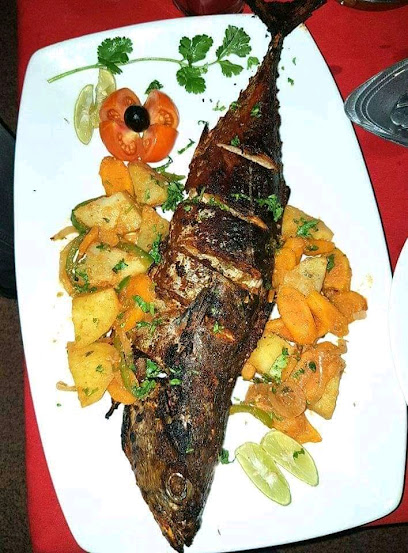
Markets, malls and hidden boutiques
Golis Mountains
Discover the breathtaking beauty and cultural richness of the Golis Mountains, a majestic mountain range in Somalia perfect for adventure seekers and nature lovers.
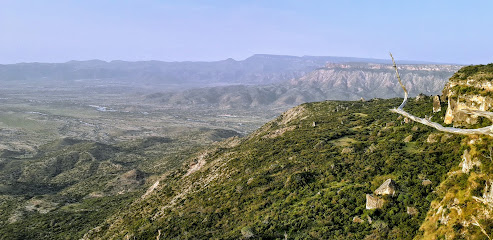
Waafi Mall
Experience shopping and cultural vibrancy at Waafi Mall, Hargeisa's premier shopping destination with diverse stores and local flavors.
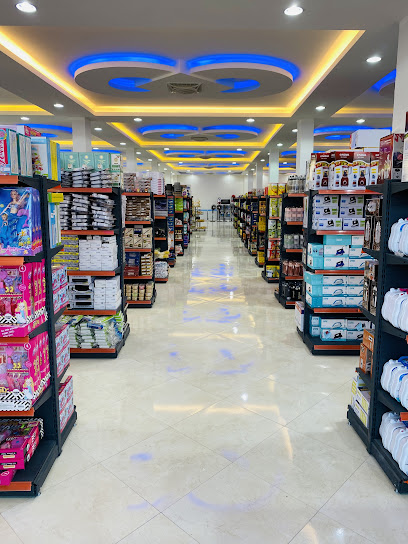
Udug Flower
Explore Udug Flower in Mogadishu for unique gifts and authentic Somali handicrafts that capture the essence of local culture.
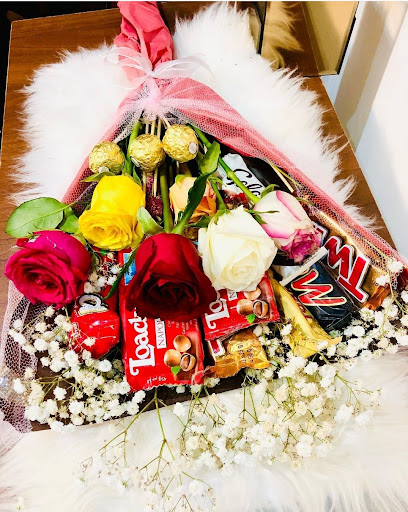
Nasrulahi shop
Discover the essence of Somali culture at Nasrulahi Shop, Garowe's vibrant grocery store offering local delicacies and fresh produce.
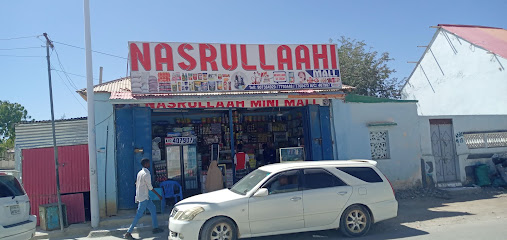
somali shop
Immerse yourself in the vibrant culture of Somalia at the Somali Shop in Bosaso, where local crafts and community come together.

Jamta Shop
Discover unique gifts and authentic Somali crafts at Jamta Shop in Burco, a must-visit destination for cultural souvenirs.
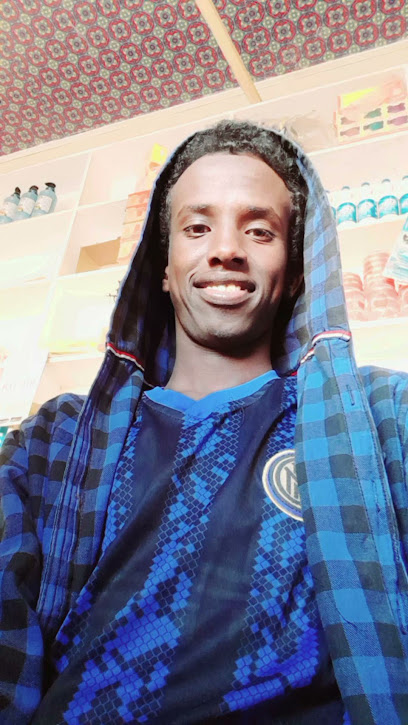
FINIIN STYLE
Explore the vibrant essence of Bosaso at FINIIN STYLE, your go-to gift shop for unique handcrafted treasures and local souvenirs.

Osob gifts
Explore a diverse selection of authentic souvenirs and handicrafts at Osob Gifts, the premier gift shop in Hargeisa, Somaliland.

Sahil Gift and Decoration
Explore Sahil Gift and Decoration in Berbera for unique souvenirs and local crafts that embody the spirit of Somaliland.
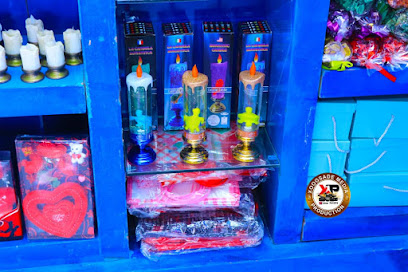
Ollow Gifts
Explore Ollow Gifts in Bosaso for unique Somali souvenirs, handmade crafts, and a taste of local culture.
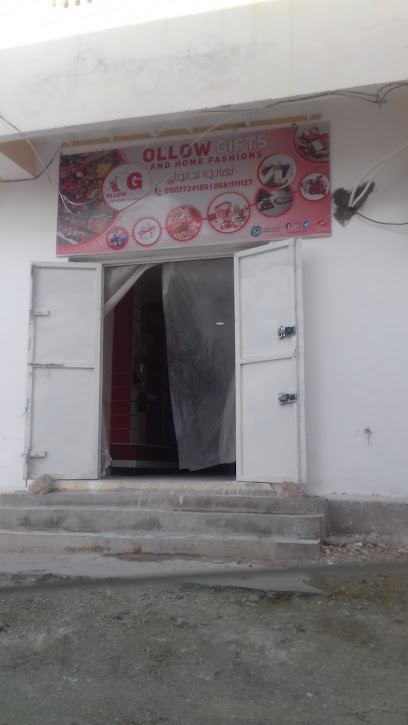
Golis Shop
Discover authentic Somali culture and unique local products at Golis Shop in Garowe, a treasure trove for tourists seeking memorable souvenirs.

Liibaan store
Discover Liibaan Store in Daarbuduq, your essential convenience stop for snacks, drinks, and local goods during your travels.

Guuleed store
Explore Guuleed Store in Berbera for top-notch electronics at unbeatable prices, perfect for every tech enthusiast visiting the area.
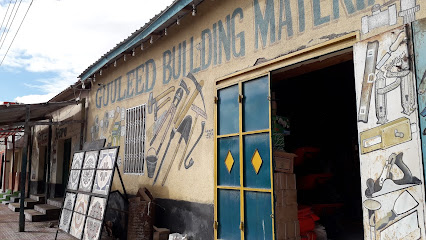
Mohamoud Shakir Shop
Explore the charm of Berbera at Mohamoud Shakir Shop, your destination for authentic home goods and local craftsmanship.

Gelle store
Explore a vast selection of stylish and comfortable footwear at Gelle Store in Bosaso, the ultimate shopping destination for shoe lovers.

Essential bars & hidden hideouts
Golis Mountains
Explore the breathtaking Golis Mountains, a natural wonder rich in wildlife and cultural heritage, perfect for adventure and tranquility.
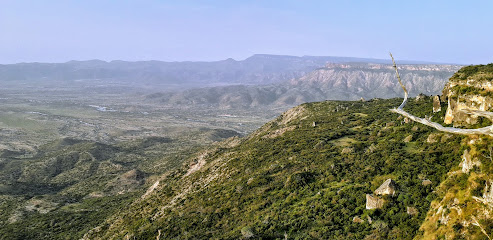
Central of goljano
Discover the vibrant ambiance of Central of Goljano in Hargeisa, a top bar for locals and tourists, perfect for unwinding and enjoying great drinks.
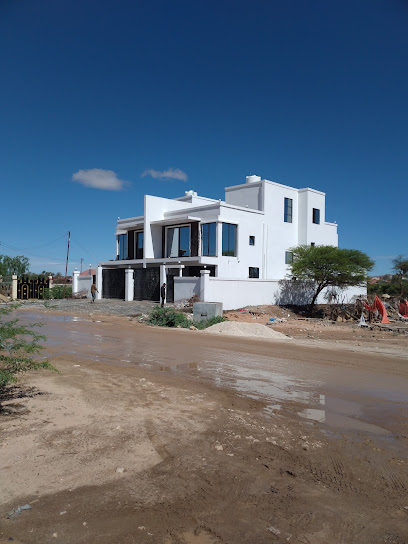
Bar Waraabe
Experience the vibrant nightlife of Hargeisa at Bar Waraabe, where local culture meets a lively atmosphere and refreshing drinks.

HOND KONG
Discover the lively Hond Kong bar in Hargeisa, where locals and tourists mingle over delightful drinks in a vibrant atmosphere.

Garow restaurant
Discover the lively ambiance and local flavors at Garow Restaurant, the perfect bar in Hargeisa for a refreshing drink and cultural experience.

Guriga naasir xaliye
Discover the lively ambiance and local charm at Guriga Naasir Xaliye, a must-visit bar in Burco for refreshing drinks and vibrant social gatherings.
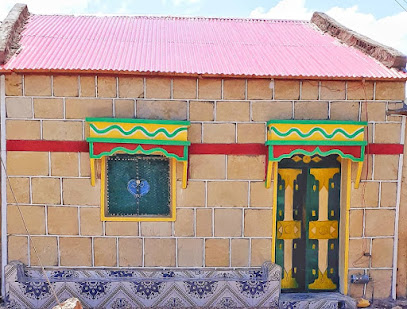
Carafaat
Experience the vibrant nightlife of Hargeisa at Carafaat, where local flavors and lively entertainment come together in a cultural celebration.
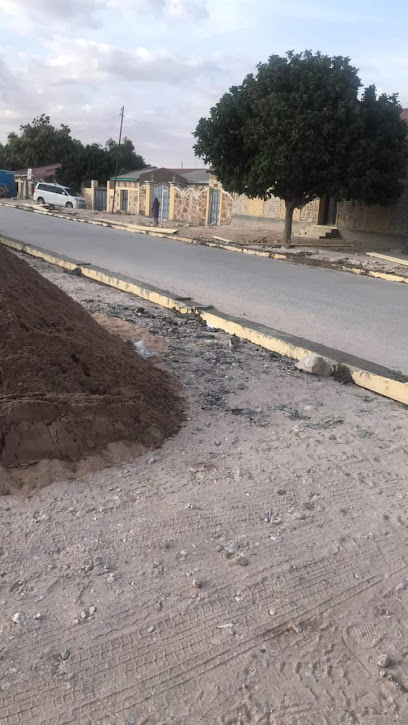
Burao
Discover the vibrant atmosphere of Burao in Hargeisa, where Somali hospitality meets lively entertainment and refreshing drinks.

Cismaan buuri
Experience the lively nightlife at Cismaan Buuri, a vibrant bar in Hargeisa offering a unique blend of local culture and refreshing drinks.

Dugsiiye Garden
Discover the serene Dugsiiye Garden in Agabar, a perfect beer garden for relaxation and socializing amidst nature's beauty.
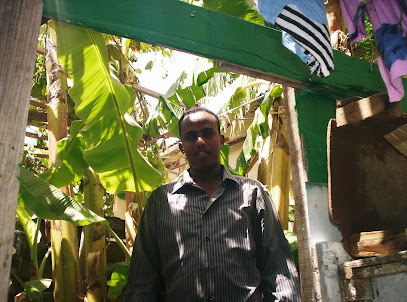
Jamaal abdilahi
Discover Jamaal Abdilahi, a vibrant bar in Hargeisa offering a unique blend of local culture and nightlife, perfect for tourists seeking a lively atmosphere.

Ali Hassan Camp
Experience the warmth of Somali hospitality at Ali Hassan Camp in Berbera, where relaxation meets local culture in a charming lounge setting.

Baliga cige
Discover the lively atmosphere of Baliga Cige, a vibrant bar in Hargeisa, perfect for unwinding and socializing with locals and travelers.

Abdi khalaq candhoweyne
Experience the lively atmosphere and authentic local culture at Abdi Khalaq Candhoweyne, a must-visit bar in Burco.

Local Phrases about Golis Mountains
-
- HelloSalaam
[sah-lahm] - GoodbyeNabad gelyo
[nah-bahd gehl-yoh] - YesHaa
[hah] - NoMaya
[mah-yah] - Please/You're welcomeFadlan
[fad-lahn] - Thank youMahadsanid
[mah-had-sah-need] - Excuse me/SorryIscus
[ees-choos] - How are you?Sidee tahay?
[see-day tah-hay] - Fine. And you?Waa fiican. Idinka waa?
[wah fee-chan. ee-deen-kah wah] - Do you speak English?Ma ku hadlaa Ingiriis?
[mah koo hahd-lah een-gee-rees] - I don't understandMa fahminin
[mah fahm-mee-neen]
- HelloSalaam
-
- I'd like to see the menu, pleaseWaan arki karaa menuka, fadlan
[wahn ar-kee kah-rahah men-oo-kah, fad-lahn] - I don't eat meatAniga miyaaan cunin hilib?
[ah-nee-gah mee-yahahn choo-neen hee-leeb] - Cheers!Dabaqo!
[dah-bah-koh] - I would like to pay, pleaseWaan rabaa inaan bixiyo, fadlan
[wahn rah-bah ah-nahn bix-yoh, fad-lahn]
- I'd like to see the menu, pleaseWaan arki karaa menuka, fadlan
-
- Help!Caawin!
[chah-wean] - Go away!Tuu ka bax!
[too kah bakh] - Call the Police!Waa la soo wac Police!
[wah lah soh wahch Po-leece] - Call a doctor!Waa la soo wac doktarka!
[wah lah soh wahch dohk-tahr-kah] - I'm lostWaan geeyaa
[wahn gay-yah] - I'm illWaan jecelahay
[wahn je-chel-ah-hi]
- Help!Caawin!
-
- I'd like to buy...Waan isticmaali lahaa...
[wahn is-teech-mah-lee lah-hah] - I'm just lookingWaan arkayaa
[wahn ar-kah-yah] - How much is it?Qaddiyadu waa sidee tahay?
[kahd-dee-yah-doo wah see-day tah-hay] - That's too expensiveTani waa dhiman
[tah-nee wah thee-mahn] - Can you lower the price?Ma rabtaa inaad hoos u dhigto qiimaha?
[mah rahb-tahah een-ahd hohs oo dheeg-toh kee-mah-hah]
- I'd like to buy...Waan isticmaali lahaa...
-
- What time is it?Waa sidee saacadu?
[wah see-day sah-ah-chah-doo] - It's one o'clockWaa saacad gudaheed
[wah sah-ah-chahd goo-dah-hee] - Half past (10)Dabadeed (10)
[dah-bah-deed (10)] - MorningSubax
[soo-bah] - AfternoonGalab
[gah-lahb] - EveningCadow
[chah-doh] - YesterdayShalay
[shah-lie] - TodayMaanta
[mah-ahn-tah] - TomorrowBerri
[bear-ree] - 1Kow
[kohw] - 2Laba
[lah-bah] - 3Saddex
[sahd-dekh] - 4Afar
[ah-fahr] - 5Shan
[shahn] - 6Lix
[leex] - 7Toddobaad
[tohd-doh-bahd] - 8Sideed
[see-deed] - 9Sagaal
[sah-gahl] - 10Toban
[toh-bahn]
- What time is it?Waa sidee saacadu?
-
- Where's a/the...?Halkaa...?
[hal-kah] - What's the address?Cinwaanka waa sidee tahay?
[cheen-wahn-kah wah see-day tah-hay] - Can you show me (on the map)?Ma rabtaa inaad ii tuso (khariidada)?
[mah rahb-tahah een-ahd ee tuh-soh (khah-ree-dah-dah)] - When's the next (bus)?Marka ugu dambeeya...
[mahr-kah oo-goo dahm-bee-yah] - A ticket (to ....)Tikiti (ila ...)
[tee-kee-tee (ee-lah ...)]
- Where's a/the...?Halkaa...?
History of Golis Mountains
-
The Golis Mountains, also known as the Galgodon Highlands, stretch across northern Somalia and are one of the most prominent mountain ranges in the region. The range extends from the western part of the Sanaag region through the Bari region, making it a crucial geographical landmark in the Horn of Africa.
-
Historically, the Golis Mountains have been part of ancient trade routes that connected the Indian Ocean with the interior of Africa. Caravans carrying goods such as incense, myrrh, and other valuable commodities often traversed these highlands, facilitating trade between different civilizations and cultures.
-
The Golis Mountains are believed to be part of the ancient Land of Punt, a region that had extensive trade relations with Ancient Egypt. Egyptian records from the 15th century BC describe expeditions to Punt, which was renowned for its wealth in resources such as gold, ivory, and exotic animals.
-
From the 7th century onwards, the spread of Islam had a significant impact on the culture and history of the Golis Mountains. Islamic teachings were introduced by traders and missionaries, leading to the establishment of various Islamic centers of learning and worship throughout the region.
-
During the late 19th and early 20th centuries, the Golis Mountains came under the influence of colonial powers. The British, in particular, established control over the northern regions of Somalia, including the Golis Mountains, as part of British Somaliland. This period saw the introduction of new administrative systems and infrastructure.
-
The Golis Mountains were a stronghold for the Dervish Movement led by Sayyid Mohammed Abdullah Hassan, also known as the 'Mad Mullah'. From the late 19th century to the early 20th century, the Dervishes waged a prolonged resistance against British colonial forces from bases in the Golis Mountains, striving for Somali independence.
-
After Somalia gained independence in 1960, the Golis Mountains continued to play a role in the nation's cultural and political landscape. The region has been home to various clans and communities that contribute to the rich tapestry of Somali culture and heritage.
-
The Golis Mountains are not only historically significant but also ecologically important. The area is home to diverse flora and fauna, including several endemic species. Efforts have been made to conserve the unique biodiversity of the region, which is an integral part of its natural heritage.
Golis Mountains Essentials
-
The Golis Mountains are located in the northern part of Somalia. The nearest major city is Hargeisa, which has Hargeisa International Airport (HGA). From Hargeisa, you can hire a 4x4 vehicle or join a guided tour to the Golis Mountains. The journey by road typically takes around 3 to 4 hours, depending on the specific destination within the mountain range.
-
Due to the rugged terrain of the Golis Mountains, 4x4 vehicles are recommended for getting around. There are local operators offering vehicle hire and guided tours. Public transport is limited, so it is advisable to arrange your transport in advance. In some areas, you may find camels being used for transportation, which can offer a unique travel experience.
-
The official currency in Somalia is the Somali Shilling (SOS). It is advisable to carry cash, as credit cards are rarely accepted, especially in remote areas. ATMs can be found in Hargeisa, but they are less common in rural areas, so ensure you withdraw sufficient cash before heading into the mountains. U.S. Dollars are also widely accepted.
-
While the Golis Mountains can be relatively safe, it is essential to stay informed about the current security situation. Avoid traveling to areas with high crime rates or ongoing conflicts. Always travel with a local guide who knows the area well. Keep your belongings secure and avoid displaying valuables. Stay in contact with your country's embassy or consulate for updated travel advisories.
-
In case of emergency, the local emergency number is 888. Medical facilities in the Golis Mountains are limited, so it is crucial to have comprehensive travel insurance that includes medical evacuation coverage. For minor health issues, carry a well-stocked first aid kit and any necessary prescription medications. Familiarize yourself with the location of the nearest medical facility when you arrive.
-
Fashion: Do dress modestly; women should wear clothes that cover their arms and legs. Avoid wearing revealing clothing. Religion: Do respect local customs and traditions, and be aware that Somalia is a predominantly Muslim country. Public Transport: Do be respectful and patient when using local transport options. Greetings: Do greet people with a handshake or a nod. Men should avoid initiating physical contact with women. Eating & Drinking: Do try local foods but ensure they are well-cooked. Don't drink tap water; opt for bottled water instead.
-
To experience the Golis Mountains like a local, consider visiting traditional villages and engaging with the communities. Participate in local markets and try traditional Somali dishes like 'Canjeero' (fermented pancakes) and 'Maraq' (stew). Learning a few phrases in Somali can go a long way in making connections. Respect the natural environment, and consider hiring local guides to gain deeper insights into the area's history and culture.
Nearby Cities to Golis Mountains
-
Things To Do in Loyada
-
Things To Do in Djibouti City
-
Things To Do in Ali Sabieh
-
Things To Do in Arta
-
Things To Do in Obock
-
Things To Do in Tadjoura
-
Things To Do in Dikhil
-
Things To Do in Harar
-
Things To Do in Aden
-
Things To Do in Dire Dawa
-
Things To Do in Ibb
-
Things To Do in Dhamar
-
Things To Do in Sana'a
-
Things To Do in Addis Ababa
-
Things To Do in Lalibela






